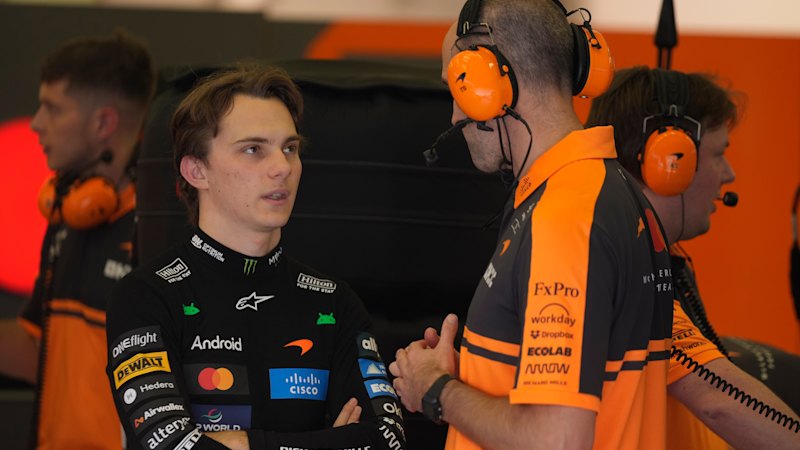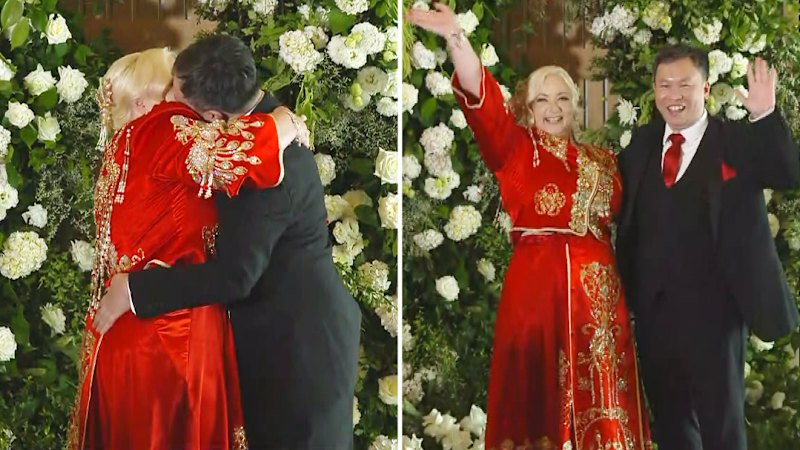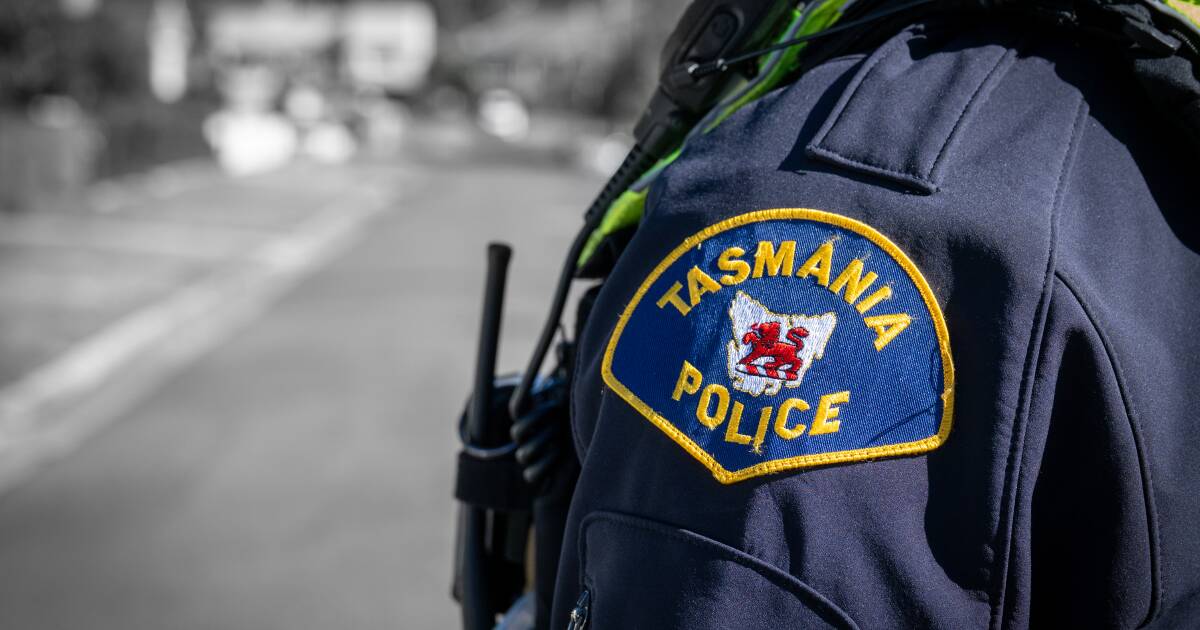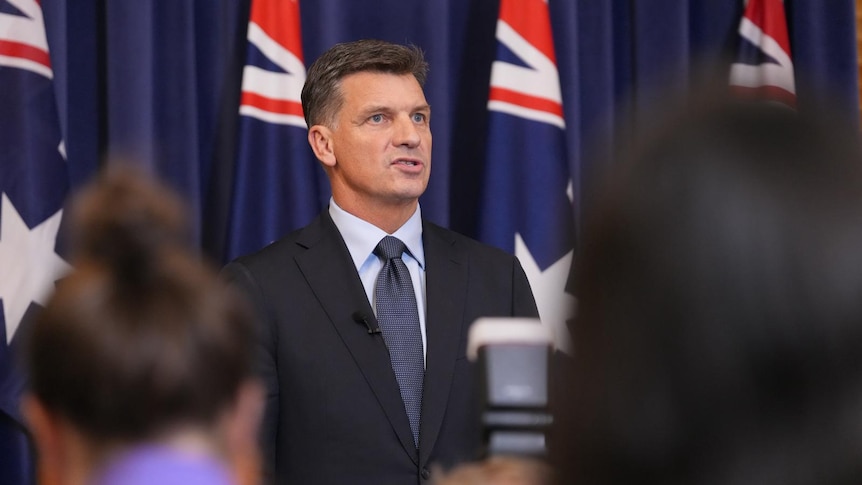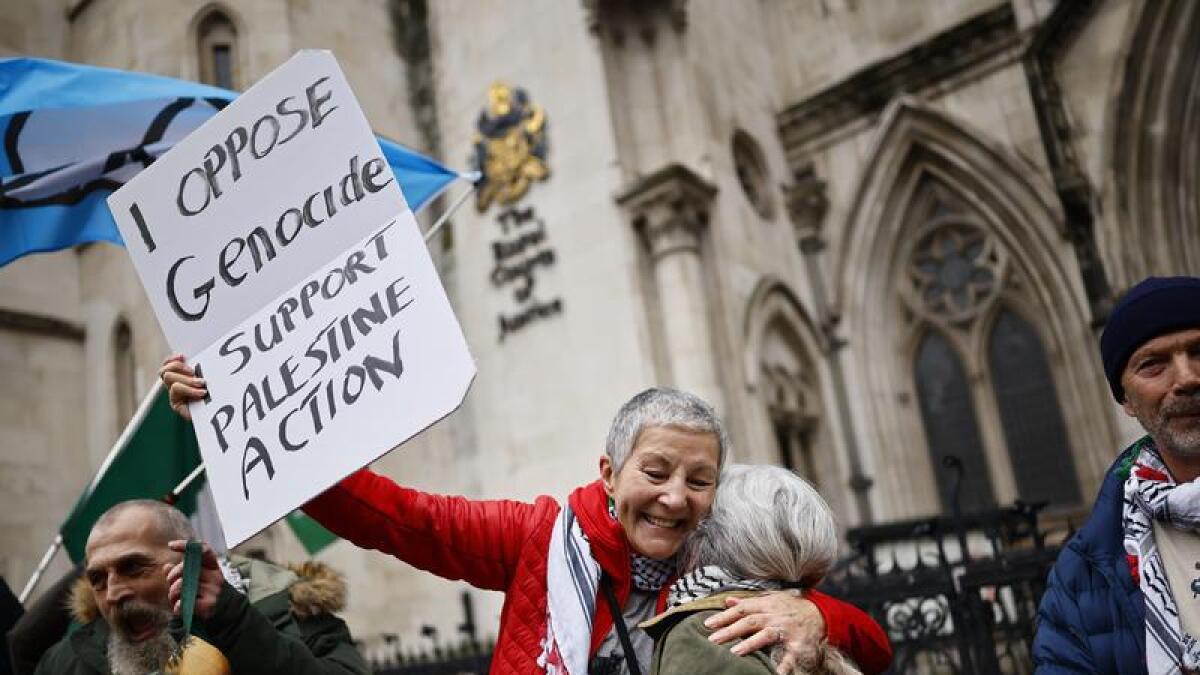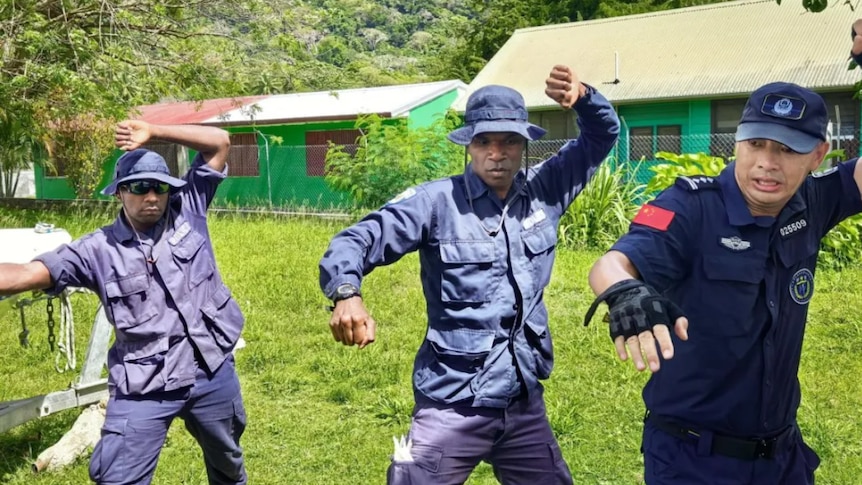
Vanuatu’s Minister of Internal Affairs, Andrew Napuat, has called on Australia to acknowledge the Pacific nation’s intention to finalize a policing agreement with China. This statement follows his recent meetings in Beijing with Wang Xiaohong, China’s Minister of Public Security, where discussions centered on a new Memorandum of Understanding (MoU) designed to solidify China’s police assistance programs in Vanuatu.
Napuat’s remarks come amid growing tensions regarding the proposed agreement, as Australian Pacific Minister Pat Conroy expressed skepticism about its potential impact. Conroy, addressing the media, emphasized Australia’s commitment to being the preferred security partner in the Pacific, while implying that Napuat’s stance might not represent the consensus of the Vanuatu government.
“We respect the sovereignty of the Vanuatu government and the Vanuatu people, and we’ll see what happens there,” Conroy stated during an interview with Sky News, indicating Australia’s cautious approach to China’s increasing influence in the region.
Despite Conroy’s comments, Napuat defended the decision-making process within Vanuatu, asserting that the proposal is a collective government decision rather than the initiative of a single minister. “I respect his right to express his views, but I urge him to respect our internal processes,” Napuat responded, emphasizing the collaborative nature of the agreement.
Vanuatu has a history of engaging with China on policing matters, having signed a police equipment agreement with Beijing in 2022. Napuat clarified that the new MoU is not intended to establish a permanent Chinese police presence in Vanuatu but rather to formalize existing cooperation. “This is simply guiding our partnership without establishing a permanent footprint,” he explained.
The proposed MoU aims to enhance coordination among nations providing police assistance to Vanuatu, addressing confusion over operational protocols. Napuat noted that the absence of a formal agreement has previously created misunderstandings regarding the rules of engagement with international partners.
Australia, meanwhile, seeks to strengthen its position in Vanuatu through the upcoming Nakamal Agreement, which aims to solidify its role as a primary development and security partner. However, Napuat emphasized that discussions with China regarding the policing agreement are independent of negotiations with Australia. “We have been transparent with Australia about our intentions and are moving forward with the MoU,” he stated.
The timing of the MoU’s signing remains uncertain, with Napuat mentioning that discussions are at a “final status” stage, pending mutual readiness between the two governments. He acknowledged the complexities surrounding security discussions, particularly regarding Vanuatu’s unique security concerns, such as climate change and police capacity building, which may differ from the priorities of its partners.
As diplomatic conversations advance, Vanuatu’s Prime Minister Jotham Napat recently indicated that some of his ministers have raised concerns over clauses in the Nakamal Agreement that may limit foreign investment in critical infrastructure. Despite these apprehensions, Napat expressed optimism about reaching a compromise, stating that he remains committed to finalizing the agreement soon.
In summary, Vanuatu’s intention to bolster its policing collaboration with China, amid Australia’s cautious response, highlights the intricate balance of regional diplomacy and the complexities of security partnerships in the Pacific. The unfolding situation underscores the need for clear communication and mutual respect among nations as they navigate their respective interests and alliances.
